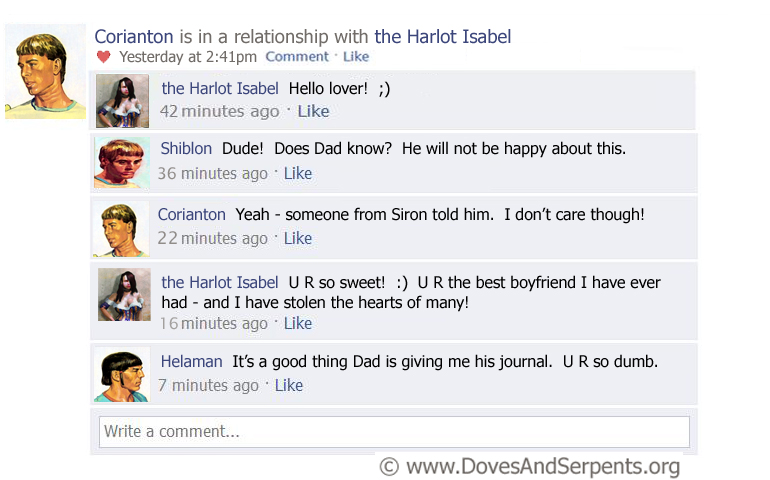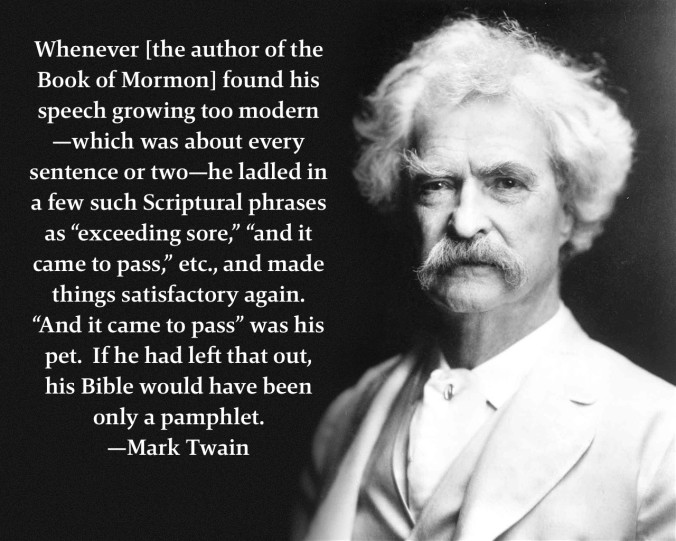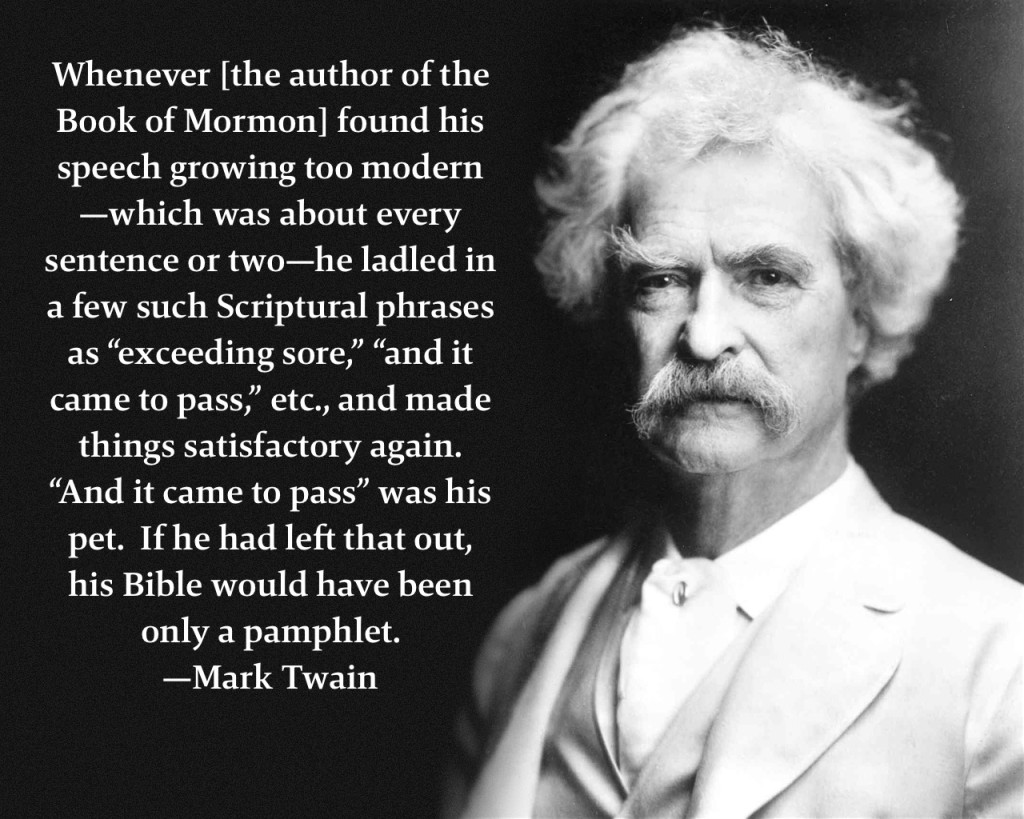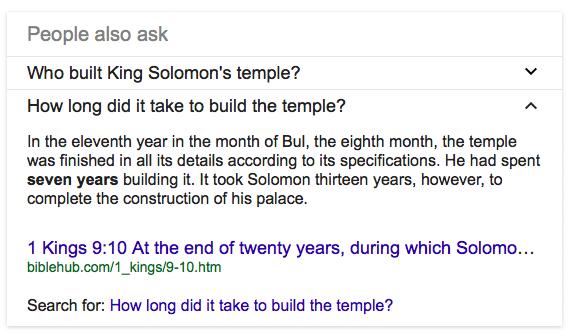“Give Ear to My Words”
Alma 36–39
LDS manual: here
Purpose
To encourage parents to give better parental advice than Alma does
Reading
There’s a bit of a lull in the action for this reading. Time for Alma to give one of his trademark fatherly chats! He speaks to his three sons — Helaman, Shiblon, and Corianton — and gives really terrible advice. Let’s see how bad it gets.
Main ideas for this lesson
Helaman
In his chat with Helaman, Alma explains that God’s love is unconditional… but with conditions.
Alma 37:13 O remember, remember, my son Helaman, how strict are the commandments of God. And he said: If ye will keep my commandments ye shall prosper in the land — but if ye keep not his commandments ye shall be cut off from his presence.
Ask: Would a good parent cast off children for not doing everything they say?
Musical number: Sing this song with the class. (CW: language, possible casual misogyny)
Free will and divine hiddenness
When you ask a theist why God doesn’t resolve his apparent lack of existence by just appearing to everyone, a common answer is that God wants people to believe in him in faith, without needing evidence. If God were to prove his existence, it would essentially force us to believe in him and remove the need for faith.
But what about Alma and his friends? They saw an angel, and that didn’t remove their free will.
Alma 36:5 Now, behold, I say unto you, if I had not been born of God I should not have known these things; but God has, by the mouth of his holy angel, made these things known unto me, not of any worthiness of myself.
36:6 For I went about with the sons of Mosiah, seeking to destroy the church of God; but behold, God sent his holy angel to stop us by the way.
36:7 And behold, he spake unto us, as it were the voice of thunder, and the whole earth did tremble beneath our feet; and we all fell to the earth, for the fear of the Lord came upon us.
But Alma’s certain that God will resurrect him. He’s just as certain as he is about the Exodus, and the Egyptians drowning in the Red Sea… which also didn’t happen.
Alma 36:28 And I know that he will raise me up at the last day, to dwell with him in glory; yea, and I will praise him forever, for he has brought our fathers out of Egypt, and he has swallowed up the Egyptians in the Red Sea; and he led them by his power into the promised land; yea, and he has delivered them out of bondage and captivity from time to time.
Whoops.
And if you say that Alma is dumb for believing in fairy tales, then he has an answer for you. His belief makes him smarter than wise people.
Alma 37:6 Now ye may suppose that this is foolishness in me; but behold I say unto you, that by small and simple things are great things brought to pass; and small means in many instances doth confound the wise.
37:7 And the Lord God doth work by means to bring about his great and eternal purposes; and by very small means the Lord doth confound the wise and bringeth about the salvation of many souls.
So what does all this mean for Helaman? It means that when he writes about how wicked everyone is, he’s supposed to hold back on information.
Alma 37:29 Therefore ye shall keep these secret plans of their oaths and their covenants from this people, and only their wickedness and their murders and their abominations shall ye make known unto them; and ye shall teach them to abhor such wickedness and abominations and murders; and ye shall also teach them that these people were destroyed on account of their wickedness and abominations and their murders.
In the LDS Church, there’s a pattern of incomplete disclosure. The church is cagey about its finances. It tells only one side of its history. Its higher-level ordinances (like the endowment) are not explained to people who have not already accepted a series of commitments — and who are therefore less likely to disengage from their investment.
Ask: What kind of organisation relies on incomplete informational disclosure to “protect” its membership from facts?
Answer: Check out Steve Hassan’s BITE model, under “Information Control”. While this model is not well-accepted by psychologists, it is interesting to see how many of the LDS Church’s practices it describes.
1. Deception:
a. Deliberately withhold information
b. Distort information to make it more acceptable
c. Systematically lie to the cult member2. Minimize or discourage access to non-cult sources of information, including:
a. Internet, TV, radio, books, articles, newspapers, magazines, other media
b.Critical information
c. Former members
d. Keep members busy so they don’t have time to think and investigate
e. Control through cell phone with texting, calls, internet tracking3. Compartmentalize information into Outsider vs. Insider doctrines
a. Ensure that information is not freely accessible
b.Control information at different levels and missions within group
c. Allow only leadership to decide who needs to know what and when4. Encourage spying on other members
a. Impose a buddy system to monitor and control member
b.Report deviant thoughts, feelings and actions to leadership
c. Ensure that individual behavior is monitored by group5. Extensive use of cult-generated information and propaganda, including:
a. Newsletters, magazines, journals, audiotapes, videotapes, YouTube, movies and other media
b.Misquoting statements or using them out of context from non-cult sources6. Unethical use of confession
a. Information about sins used to disrupt and/or dissolve identity boundaries
b. Withholding forgiveness or absolution
c. Manipulation of memory, possible false memories
Ask: If the church is true, why would it need to roll out unpalatable information carefully?
There’s a scene from the Australian TV show Offspring that describes this situation.
***SPOILERS AHEAD for season 5***
Also don’t mock me for watching Offspring, I have a wife.
In Wednesday night’s explosive episode of the popular Network Ten series Nina, played by Gold Logie-winner Asher Keddie, is confronted with the fact her new lover Thomas (Ben Barrington) is not only married, but had been cheating on his heavily pregnant wife.
His secret came out when a birth complication forced Thomas and his unknowing wife to Nina’s hospital instead of the maternity ward they had planned.
Quite a scene: Nina attends what she thinks is a routine delivery, and finds… her new boyfriend acting as birth coach to his wife.
When Thomas speaks to Nina later, he claims that his wife was actually his ex, and defends his lack of disclosure, saying:
Would you have started something with me if you knew my ex was pregnant?
Nina responds:
Well, shouldn’t that have been up to me?
And there it is. Maybe members would bail if everything were public. Maybe investigators wouldn’t like it if they knew that Joseph Smith had 30 wives, some as young as 14. But isn’t that up to them? How are we supposed to make good choices if the facts aren’t available?
Shiblon
Shiblon’s the middle child, so nothing interesting happens in his chapter. Alma tells the same conversion story that he just told Helaman, tells him to keep being good, yada yada yada.
Next!
Corianton
We all know Coriander because he’s the only character in the Book of Mormon who got any sex. This was, of course, with the legendary harlot Isabel™, who is one of only six women mentioned by name in the Book of Mormon, and the only one with an occupation.
Alma 39:2 For thou didst not give so much heed unto my words as did thy brother, among the people of the Zoramites. Now this is what I have against thee; thou didst go on unto boasting in thy strength and thy wisdom.
39:3 And this is not all, my son. Thou didst do that which was grievous unto me; for thou didst forsake the ministry, and did go over into the land of Siron, among the borders of the Lamanites, after the harlot Isabel.
Trivia: Who were the other five women? Answers are at the bottom of this post.
Observation about two names in the Book of Mormon: Corianton. Morianton. Discuss.
Alma’s parental counsel is terrible on so many levels. Let’s list them.
Alma blames Isabel.
Alma 39:4 Yea, she did steal away the hearts of many; but this was no excuse for thee, my son. Thou shouldst have tended to the ministry wherewith thou wast entrusted.
Why, that scheming hussy!
Alma wigs out, blowing sex all out of proportion
Alma 39:5 Know ye not, my son, that these things are an abomination in the sight of the Lord; yea, most abominable above all sins save it be the shedding of innocent blood or denying the Holy Ghost?
Mormons say that sex is “the sin next to murder”, and this verse is why.
Fancy that: a bit of casual boinking — even when pursued responsibly and consensually — is almost as bad as murdering someone. This is a kind of — excuse the gendered term — hysterical anti-sex attitude that turns the concept of morality upside-down. Sex harms no one when it’s done well, but it can be awful when done badly. Ironically, it’s this kind of attitude that causes it to be done badly. You cannot have a normal sexual life with priorities as screwed up as this.
A lot has been said on the futility of teaching abstinence. It does not prevent kids from having sex, but that’s only part of the problem. It also promotes rape culture.
Purity culture and rape culture are two sides of the same coin. Prior to marriage, women are instructed that they must say no to sex at every turn, and if they do not they are responsible for the consequences. This method of approach—“always no”—creates situations in which women are not equipped to fully understand what consent looks like or what a healthy sexual encounter is. When the only tool you’re given is a “no,” shame over rape or assault becomes compounded—because you don’t necessarily understand or grasp that “giving in” to coercion or “not saying no” isn’t a “yes.”
That’s from the girl’s perspective. From the boy’s side, you never learn what’s okay and what’s not okay because nothing is okay. Consent is a subtlety that doesn’t make the curriculum. This is not to excuse failure to obtain informed consent — you might have your own ideas about what’s twisted and what’s not, but they’ll have to be your own ideas; you won’t get them from the wider culture. Or you will, but it will be mixed up with a lot of other stuff.
This unrelenting sex-negativity is one of the most harmful things about the church. It fills people up with shame for their innermost desires. It tampers with who they are on a basic level.
For a better way, check out what I teach my kids about sex. I wrote this lesson a couple of years ago, and in the meantime, my youngest boy started dating. So I told him, “That means I have to tell you the things.”
“No,” he said, “you don’t have to tell me the things!”
“I do have to tell you the things, because it’s my job to tell you the things.”
So I told him the things, and afterward he said, “That wasn’t too bad.”
That’s how I broke the curse.
Alma blames Coriander for his own lack of success
Alma 39:11 Suffer not yourself to be led away by any vain or foolish thing; suffer not the devil to lead away your heart again after those wicked harlots. Behold, O my son, how great iniquity ye brought upon the Zoramites; for when they saw your conduct they would not believe in my words.
Oh sure, it’s not because Alma’s selling a shit product. It’s Coriander.
Why would Coriander’s actions have this effect on the Lamanites? They weren’t even Christians yet, and therefore unlikely to be puritanical ninnies.
Testimonies are not good evidence
The LDS Gospel Doctrine manual asks:
• Alma 36 contains Alma’s testimony as expressed to his son Helaman (see especially verses 3–5 and 26–28). Why is it important for children to hear their parents bear their testimonies? In what ways have your parents’ testimonies influenced your life?
I can tell you. My father told me lots of good things, but probably the worst information I got in life was given to me by him. It was when he sat me down, and very earnestly told me that if I had a question about anything, I could ask my Heavenly Father in prayer, and get an answer. And I believed him.
That was the worst thing anyone ever told me.
Rather than understanding that knowledge comes through careful, controlled observation, he taught me that knowing something was simply asking a deity and then sorting through your feels.

Knowledge doesn’t come from feels. Basically he turned me into an an amateur intuitive. And that leaves people vulnerable to scammers and charlatans. Goodbye, critical thinking; hello, mysticism.
What parent tries to disable their child’s brain? Who tries to defeat their kid’s truth-finding mechanism? That’s not normal, but on religion it is.
I’m raising my kids with the Latin phrase nullius in verba. I’m telling them, “Don’t believe anything just because someone says it’s so — including me, because I could be wrong. Don’t believe anyone’s testimony.”
Additional lesson ideas
How to share?
The Gospel Doctrine manual asks:
• Alma counseled Shiblon to continue teaching the word of God, being “diligent and temperate,” using “boldness, but not overbearance” (Alma 38:10, 12.) How can we follow this counsel as we share our beliefs with others?
In fact, overbearance isn’t such a big problem, but backfire effect is. Telling someone correct information they don’t like can make them believe incorrect information more.
To avoid this, check out the Debunking Handbook by John Cook and Stephen Lewandowsky. It’s a must for anyone who needs to communicate ideas.
Answer: Mary, Eve, Sarah, Sariah, Abish, Beyoncé.




Recent Comments